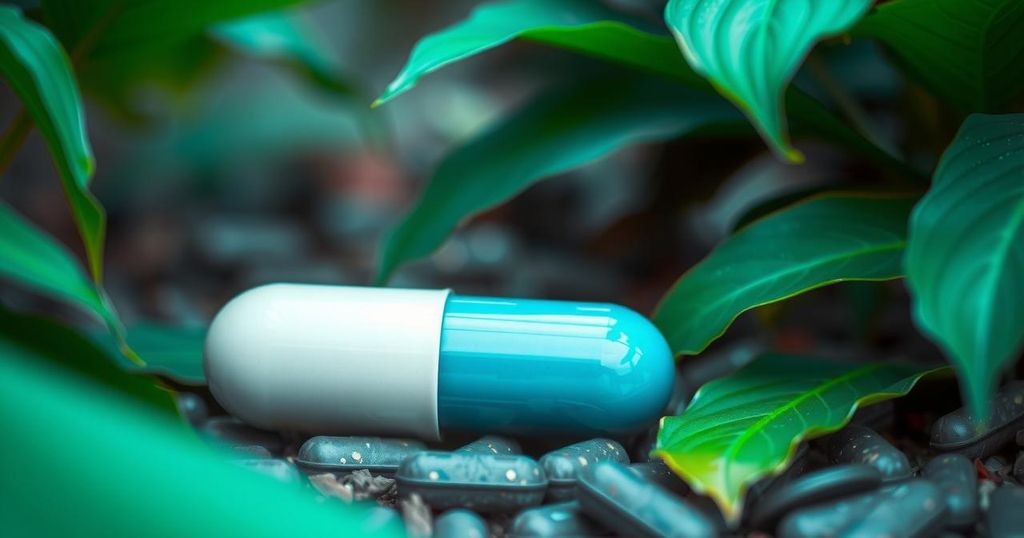Oral Antiviral Drug Shows 100% Efficacy Against Ebola Virus in Monkeys

Scientists have found that the oral antiviral drug Obildesivir is 100% effective against the Ebola virus in monkeys, preventing death and offering significant promise for future outbreak management. Current antibody treatments face logistical challenges, underscoring the need for feasible oral alternatives. The study highlights the critical immune responses elicited by Obildesivir, indicating its potential as a post-exposure preventive measure.
Recent research indicates that a newly developed oral antiviral drug has demonstrated remarkable efficacy in preventing death in monkeys infected with the Ebola virus. This advancement may significantly aid in curbing future Ebola outbreaks, a virus notorious for its high fatality rate, which can reach up to 90% in humans and primates.
The Ebola virus poses a substantial threat to human health, as evidenced by the 2013-2016 outbreak in West Africa, which resulted in over 11,000 fatalities among 28,600 infections. Additionally, the subsequent outbreaks in the Democratic Republic of the Congo and Uganda from 2018 to 2020 claimed 2,299 more lives out of 3,481 cases. The current situation underscores an urgent need for practical treatments that can be deployed rapidly in resource-constrained environments.
Current treatments, primarily antibody-based, have faced challenges related to storage and transport, particularly the requirement for refrigeration. In contrast, oral antiviral drugs present distinct advantages in terms of ease of supply, storage, and administration. Scientists emphasized the necessity for oral medications to improve distribution and accessibility in the fight against Ebola virus outbreaks.
The antiviral drug known as Obildesivir (ODV) has demonstrated broad efficacy against RNA viruses, including Ebola. Previous studies found that it must be administered within 24 hours of exposure; however, earlier methods used for testing involved intramuscular injections, complicating the evaluation of its effectiveness due to rapid disease progression.
In a more recent study published in Science Advances, researchers observed 100% protection against the Macuna strain of Ebola in rhesus monkeys when ODV was delivered via mucosal membranes. Compared to a control group, the treated monkeys received daily doses for ten days starting 24 hours post-exposure, resulting in a 100% survival rate for rhesus monkeys and 80% for macaques.
Key insights were gained on the mechanism of action of ODV. Treated monkeys displayed higher levels of T-cell activation proteins—integral to the immune response—as well as enhanced anti-inflammatory effects, signifying reduced severe immune reactions.
The findings underscore the promise of Obildesivir as a potential post-exposure preventive treatment against Ebola via oral administration. Researchers articulated, “These results suggest that Obildesivir treatment offers an opportunity to develop adaptive immunity while reducing excessive inflammation, which may prevent lethal outcomes.” Furthermore, continued research aims to elucidate the effects of late-stage treatment on immune responses.
This recent study unveils significant progress in developing an oral antiviral treatment for the Ebola virus, highlighting the effectiveness of Obildesivir in preventing mortality in infected primates. The findings advocate for oral treatments that could be more accessible and easier to administer in vulnerable regions. This research not only reinforces the potential of Obildesivir but is also a hopeful step toward better management and prevention of future Ebola outbreaks.
Original Source: www.jordannews.jo








